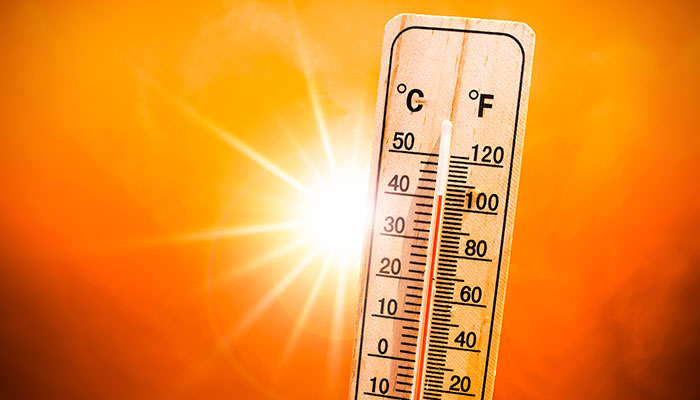
Make sure your loved one is ready to “take the heat” this summer.
Older bodies are less able to cope with excessive heat, so it’s important to ensure safeguards are in place.
Check in with your relative’s doctor. Certain chronic conditions and medications increase an older adult’s risk of heat stroke. Get advice on optimal fluid intake and medication management for times of extreme heat.
Provide air conditioning. Ideally, your relative has access to air conditioning at home, in at least one room. (Before temperatures rise for the summer, test that the unit works!) Otherwise, identify a place nearby that’s air conditioned to get relief for an hour or two. Perhaps a library, movie theater, or shopping mall. Some cities publicize “cooling stations” for just this purpose. Make arrangements for transportation, if necessary.
Watch the weather. Monitor the weather at your relative’s location. Hot weather in a city is particularly dangerous, because cities trap heat and are slow to cool.
Arrange for contact. Especially if your loved one lives alone, it’s important that someone check in several times a day during a heat wave. This provides an opportunity to catch symptoms of overheating early on.
Plan ahead for shade. Take a look at where your relative’s dwelling gets the most direct sun. Awnings and shutters are more effective than curtains, because the sun’s rays don’t heat up the glass. Trees and bushes are useful, too. Consider adding insulation in the roof and walls to block the heat from entering through these hot surfaces. The government offers financial help for insulation through the Low Income Energy Assistance Program.


